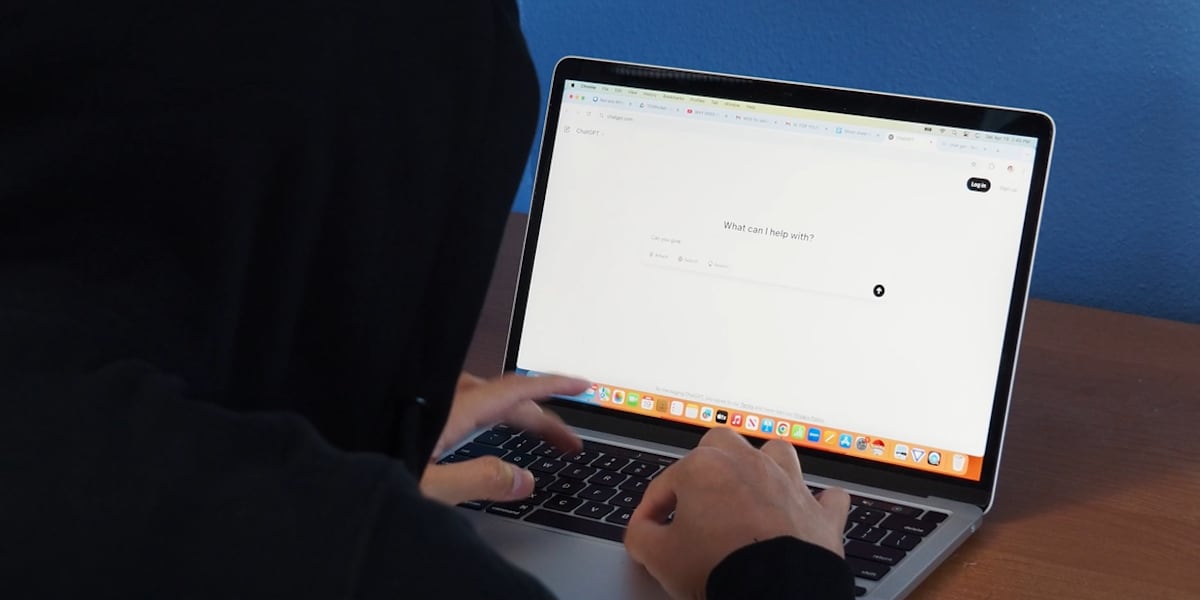End of the Era: NHS to Ditch Paper Letters, Embracing Digital Communication for Patients

In a move poised to revolutionise patient communication and streamline the National Health Service (NHS), Health Secretary Wes Streeting is set to announce the phasing out of traditional paper letters. The plan, dubbed a 'digital first' system, will see the vast majority of patient correspondence handled through the NHS app, marking a significant shift towards a more modern and efficient healthcare landscape.
For decades, the familiar sight of letters arriving through the post from the NHS has been a staple of British life. However, this system is often slow, costly, and prone to errors. Streeting's announcement aims to address these issues head-on, leveraging the power of digital technology to improve communication and reduce administrative burdens.
What does this mean for patients? The NHS app will become the primary channel for receiving appointment reminders, test results, medication updates, and other important healthcare information. Patients will be able to access this information securely and conveniently from their smartphones or tablets, at any time and from anywhere. This shift promises to empower patients with greater control over their health information and facilitate more proactive engagement with their care.
The Benefits are Clear: The transition to a digital system offers a multitude of advantages. Firstly, it’s expected to significantly reduce the NHS's considerable postage costs – a substantial saving that can be reinvested in frontline services. Secondly, digital communication is faster and more reliable than traditional mail, ensuring patients receive crucial information promptly. Thirdly, it reduces the risk of letters being lost or misdelivered. Finally, the NHS app provides a secure platform for sharing sensitive health data, minimizing the risk of breaches.
Challenges and Considerations: While the move to a digital system is broadly welcomed, concerns have been raised about ensuring equitable access for all patients. Not everyone has access to a smartphone or the internet, and some individuals may lack the digital literacy skills needed to navigate the NHS app effectively. The NHS will need to ensure that alternative channels of communication, such as phone calls or printed materials, remain available for those who need them. Furthermore, robust data security measures will be paramount to protect patient privacy.
Streeting’s Vision: “This is about putting patients at the heart of their care,” stated a spokesperson for the Health Secretary. “By embracing digital technology, we can create a more responsive, efficient, and patient-centric healthcare system. The 'death of the doctor's letter' isn't about abandoning patients; it's about empowering them with the tools they need to manage their health effectively.”
The implementation of this 'digital first' system will be rolled out gradually, with pilot programs planned in select areas of the country. The NHS is committed to working closely with patients, healthcare professionals, and community organizations to ensure a smooth and successful transition.
This announcement represents a significant step forward in the ongoing modernization of the NHS, signaling a commitment to innovation and a recognition of the transformative potential of digital technology to improve healthcare for all.





